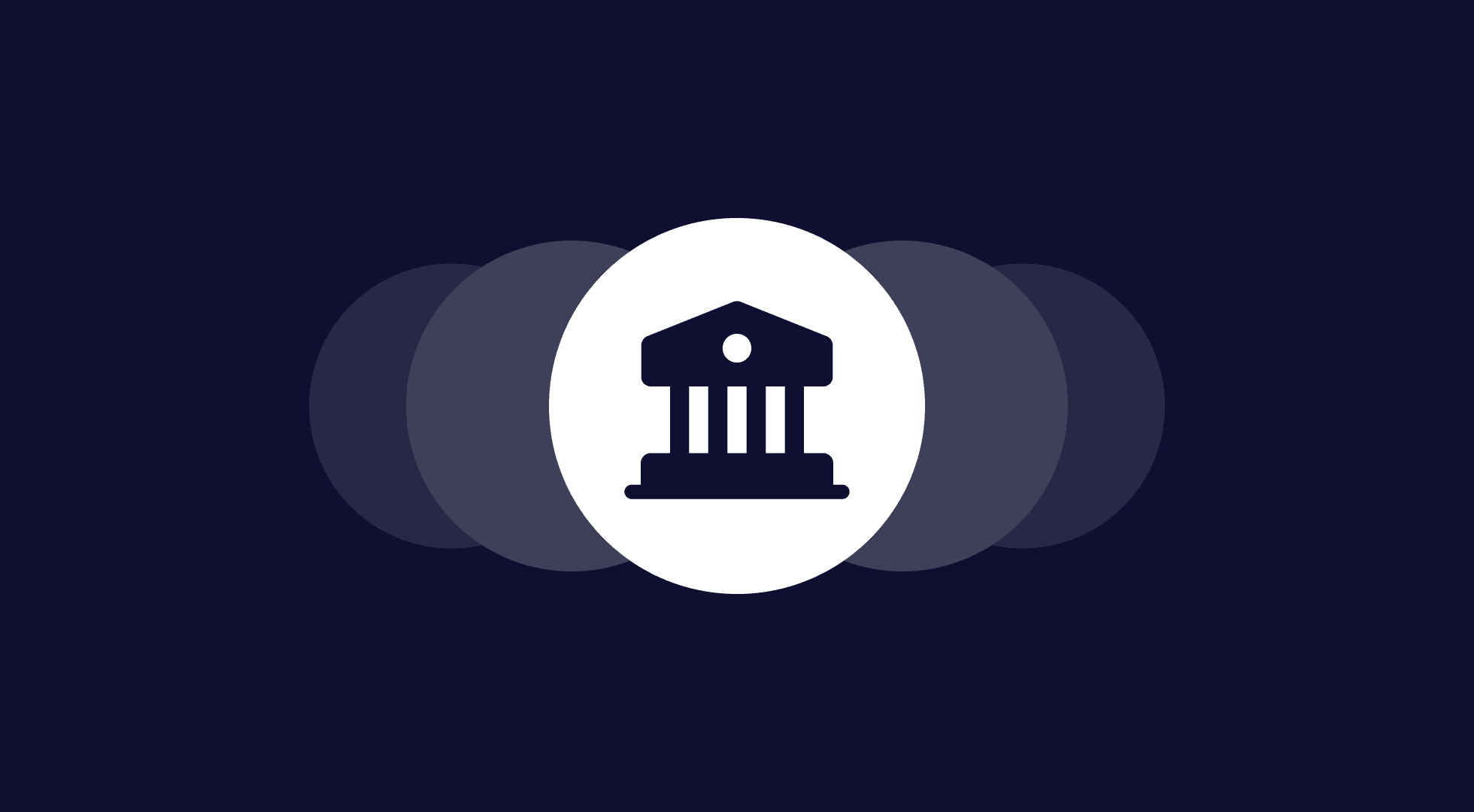Top 10 Banks in South Korea

Mesan Ali
South Korea boasts a robust banking sector that plays a crucial role in the nation's economy. With a blend of traditional and modern banking practices, these financial institutions offer a range of services catering to individual and corporate needs. Here, we delve into the top 10 banks in South Korea, exploring their establishment, operations, and contributions to the financial landscape.
Top 10 Banks in South Korea
Now, let’s delve into the top 10 banks in South Korea, showcasing their key features and contributions to the banking landscape.
KB Kookmin Bank
Established in 1963, KB Kookmin Bank is one of South Korea's oldest and largest financial institutions. Originally founded as Citizens National Bank, its headquarters are located in Seoul. As a subsidiary of KB Financial Group, it boasted total assets amounting to 422.249 trillion KRW as of 2017. The bank has an extensive network of over 1,100 branches and more than 3,000 ATMs nationwide, making it highly accessible to customers. KB Kookmin Bank also has several subsidiaries, including KB Securities, KB Insurance, and Prudential Life Insurance Korea, which allow it to provide a comprehensive suite of financial services. Notably, the bank has expanded its operations internationally, establishing a presence in cities such as Luxembourg, Tokyo, Singapore, and Hong Kong.
Shinhan Bank
Shinhan Bank has a rich history dating back to 1897 when it was founded as Hanseong Bank. It was re-established in 1982 and has since grown to become a leading financial institution in South Korea, with its headquarters also situated in Seoul. As a part of Shinhan Financial Group, the bank reported total assets of 413.911 trillion KRW as of 2017. With approximately 13,400 employees, Shinhan Bank maintains a strong workforce dedicated to customer service. The bank has extended its reach beyond South Korea, operating in various countries, including Vietnam, India, Japan, China, and Singapore, thereby enhancing its global presence.
Hana Bank
Founded in 1967, Hana Bank is another prominent player in South Korea's banking industry. Headquartered in Seoul and under the umbrella of Hana Financial Group, the bank had total assets of 349.045 trillion KRW as of 2017. Hana Bank operates over 1,100 branches domestically and has expanded its footprint internationally with around 150 branches across 24 countries. The bank employs approximately 21,700 individuals, reflecting its commitment to providing excellent service to its customers.
Woori Bank
Established in 1899, Woori Bank is one of the oldest banks in South Korea, with its headquarters in Seoul. As of 2019, it reported total assets of 361.981 trillion KRW. Woori Bank operates over 1,000 branches throughout South Korea and serves approximately 21 million customers. Its broad customer base and extensive network make it a significant contributor to the nation's banking sector.
Industrial Bank of Korea
The Industrial Bank of Korea (IBK) was established in 1954 with its headquarters in Seoul. The bank is primarily owned by the South Korean government, which holds a 57.7% stake, highlighting its importance in national economic development. As of 2017, IBK reported total assets of 257.482 trillion KRW. The bank focuses on supporting small and medium-sized enterprises (SMEs), providing 81% of small business loans in the country. This commitment to fostering economic growth through SMEs demonstrates IBK's vital role in South Korea's financial ecosystem.
Nonghyup Bank
Nonghyup Bank was established in 2012 as a subsidiary of Nonghyup Financial Group, which is owned by the National Agricultural Cooperative Federation. Its headquarters are located in Seoul, and it reported total assets of 381.600 trillion KRW as of 2017. The bank operates approximately 1,200 branches throughout South Korea, catering primarily to the agricultural sector and rural communities. This focus underscores Nonghyup Bank's mission to support the agricultural economy and promote rural development.
Korea Development Bank
Founded in 1954, the Korea Development Bank (KDB) plays a vital role in the South Korean economy by providing financial support for national development projects. The bank is headquartered in Seoul and had total assets amounting to $233.9 billion as of December 2018. KDB operates a network of 80 domestic branches, allowing it to effectively serve its clients. The bank is particularly known for its involvement in financing large-scale infrastructure and development projects, contributing significantly to the country's economic growth.
Export-Import Bank of Korea
Established in 1976, the Export-Import Bank of Korea (KEXIM) focuses on enhancing South Korea's international trade and investment efforts. Headquartered in Seoul, KEXIM provides essential financial support to local companies looking to expand their operations abroad. The bank plays a critical role in facilitating exports and imports, ensuring that South Korean businesses have the resources needed to compete globally. Its specialized services are tailored to meet the unique challenges of international trade.
Standard Chartered Bank of Korea
Standard Chartered Bank of Korea was established in 2006 as a subsidiary of the international banking group, Standard Chartered. With its headquarters in Seoul, the bank aims to provide comprehensive banking services to both retail and corporate clients. Leveraging its global network, Standard Chartered Bank of Korea offers a diverse range of financial products, including personal banking, wealth management, and corporate finance solutions, making it a vital player in the competitive South Korean banking landscape.
Busan Bank
Founded in 1954, Busan Bank is headquartered in Busan, South Korea. While specific asset figures were not detailed in the sources, the bank plays an essential role in the local economy by serving the financial needs of residents and businesses in the region. Busan Bank's commitment to supporting local communities and its focus on regional development initiatives make it an integral part of South Korea's banking sector.
Why is Elevate Pay the best Choice for USD Bank Accounts?
Freelancers and remote workers earning in USD often face challenges in managing their international income. Elevate Pay is designed to address these hurdles, allowing users to streamline their financial transactions. With Elevate Pay, users can open a free USD account through a simple three-step sign-up process. This account, provided by Bangor Savings Bank, enables you to receive and store USD funds easily.
Elevate Pay focuses on serving emerging markets, providing tailored customer service that aligns with your specific needs. By downloading the Elevate Pay app on your iOS or Android device, you can start using the service immediately, making it an excellent solution for managing your USD income.
Conclusion
The banking sector in South Korea is characterized by a mix of traditional institutions and modern financial services, reflecting the country's dynamic economy. The top 10 banks highlighted in this article are not only significant players in the financial market but also vital contributors to the nation's overall economic development. From supporting small businesses to facilitating international trade, these banks demonstrate a commitment to innovation, customer service, and community support, ensuring their continued relevance in an ever-evolving financial landscape.

